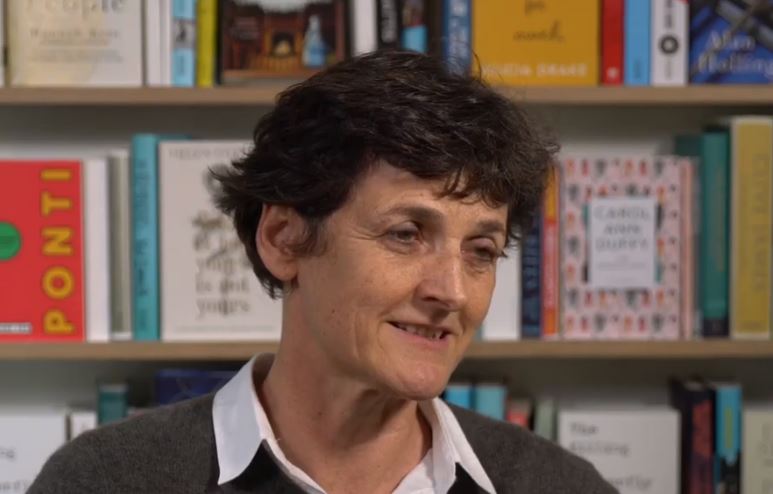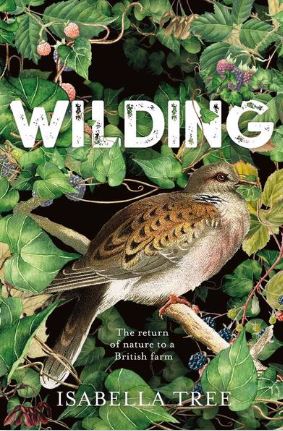

Isabella Tree
Isabella Tree, the author of Wilding-The return of nature to a British farm , is a British author and travel journalist. Before she wrote Wilding, she was also known for her book ‘The Kumaris’, on Nepal’s Kumari’s or girls treated like a living goddess, until they reach puberty.
Wilding – the return of nature to a British farm was published in 2018. It tells the story of the Knepp Wildland Project, a pioneering rewilding experiment on Knepp Estate in West Sussex, the United Kingdom. The project is cited as an outstanding example of landscape-scale restoration in the UK Government’s 25 Year Environment Plan.


According to its current publisher, Panmacmillan, Wilding tells the story of using “free-roaming grazing animals to create new habitats for wildlife. Part gripping memoir, part fascinating account of the ecology of the countryside, Wilding is, above all, an inspiring story of hope”.
“Forced to accept that intensive farming on the heavy clay of their land at Knepp was economically unsustainable, Isabella Tree and her husband Charlie Burrell made a spectacular leap of faith: they decided to step back and let nature take over. Thanks to the introduction of free-roaming cattle, ponies, pigs and deer – proxies of the large animals that once roamed Britain – the 3,500 acre project has seen extraordinary increases in wildlife numbers and diversity in little over a decade.
Extremely rare species, including turtle doves, nightingales, peregrine falcons, lesser spotted woodpeckers and purple emperor butterflies, are now breeding at Knepp, and populations of other species are rocketing. The Burrells’ degraded agricultural land has become a functioning ecosystem again, heaving with life – all by itself.
Personal and inspirational, Wilding is an astonishing account of the beauty and strength of nature, when it is given as much freedom as possible”.
The book, while being recognised as a seminal work on a process that is gaining recognition around the world, is also critical for the stress it places on the role of grazing animals and other fauna, in ensuring ecological health and diversity. It is a particularly firm indictment of the monoculture plantations and similar ‘planned’ afforestation efforts that treat grazing animals and their role as a nuisance or worse.
The role of these animals in soil nourishment, turning it over for fresh growth, and even maintaining a balance is only being understood and recognised now, thanks to efforts like this book. Even where re-wilding has happened inadvertently, like abandoned lands or degraded land allowed to recover naturally, it has been found that the role played by animals , be it grazers or predators, can be critical.
For readers interested in understanding this even better right now, there is no better option than this TED Talk by famed Zimbabwean Ecologist Allan Savory.
In a significant move toward advancing green energy and industrial growth in the state, Himachal…
Golabl chemical conglomerate BASF has announced that its now offering the world’s first biomass-balanced polyethersulfone…
In a crucial stint to bolster the biogas sector and sustainable dairying in the country,…
TotalEnergies SE has received approval to proceed with its Middlebrook solar and battery project in…
Andhra Pradesh Chief Minister Chandrababu Naidu has inaugurated the Rs 1,000-crore green hydrogen plant of…
The BITS Pilani has developed an innovative solution for managing landfill leachate, domestic septage, and…